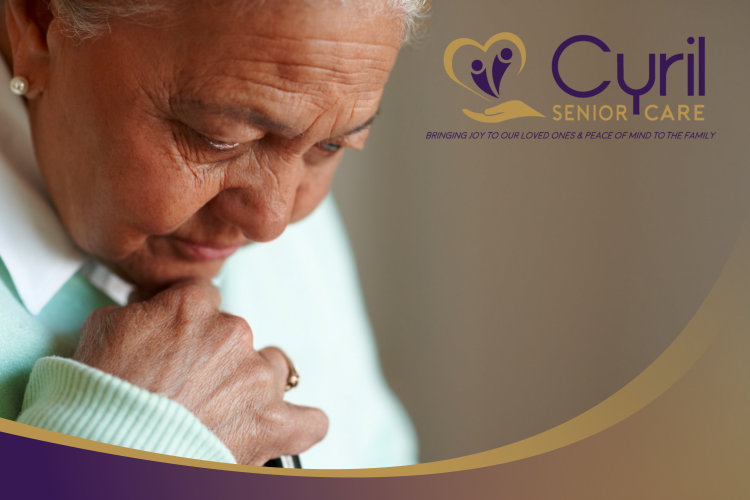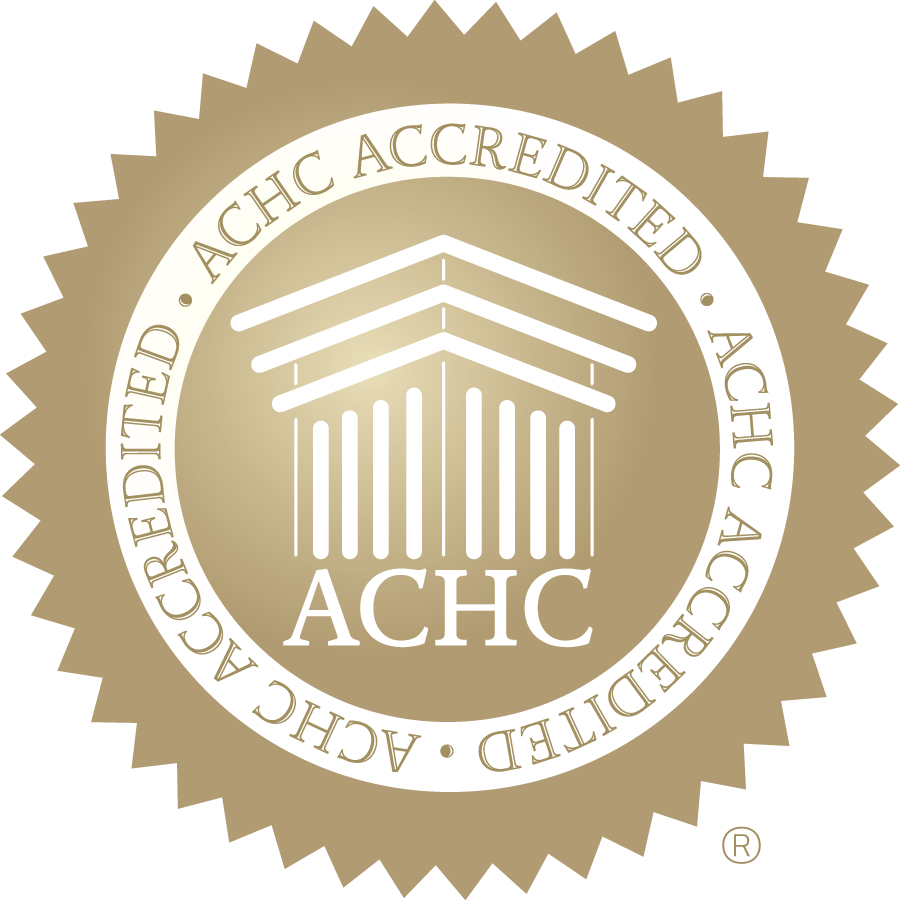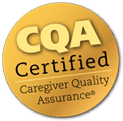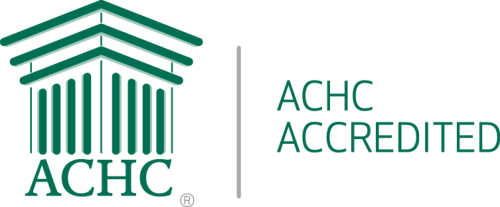
For caregivers, effective communication with the elderly has practical benefits. It can:
- Help prevent medical errors
- Strengthen the patient-provider relationship
- Make the most of limited interaction time
- Lead to improved health outcomes
Tips on how to communicate with the elderly in ways that are respectful and informative:
- Use proper form of address: establish respect right away by using formal language. Avoid using familiar terms, like “dear” and “hon”, which tend to sound patronizing.
- Avoid interrupting: the elderly may have trouble following rapid-fire questioning or torrents of information. By speaking more slowly, you will give them time to process what is being asked or said.
- Use active listening skills: face the elderly, maintain eye contact, and when he or she is talking, use frequent and brief responses.
- Demonstrate empathy: watch for opportunities to respond to their’ emotions, using phrases such as “that sound difficult”, or “I am sorry to hear that”.
- Avoid jargon: do not assume that the elderly knows medical terminology or know a lot about their illness and issues they are having
- Use “I” instead of “You” language: the elderly generally doesn’t respond well when they feel like they are constantly being ordered what to do. Instead of “You must exercise today!”, try “I will help you exercise today”
Another approach is to be SOLVENT:
- S: Slow down
- O: Maintain an open posture – the opposite is to fold your arms
- L: Lean forward – indicates willingness to listen
- V: Verbal qualities – lower your pitch
- E: Maintain eye contact
- N: Address by name
- T: Do not be afraid to touch the patient – touch conveys warmth and care
Dealing with hearing defects:
About one third of people between the age of 65-70, and nearly half those over 75, have a hearing impairment. Therefore, additional care is required hen dealing with hard-of-hearing elderly:
- Identify the topic of conversation so the listener has some contextual clues
- Make sure they can hear you, talk slowly, avoid using a high-pitched voice
- Face them directly, and be aware of background noises. Stand at a distance of 3-5 feet
- Arrange to have light on your face, not behind you
- Rephrase misunderstood sentences. Try to make it shorter and simpler
- Employ visual aids, if possible
- Take it slow, be patient and smile!
References:
- https://www.psychologytoday.com
- National institute on Aging; https://www.nia.nih.gov/
- Ministry of social and family development; https://app.msf.gov.sg/

 Published November 11, 2016
Published November 11, 2016





